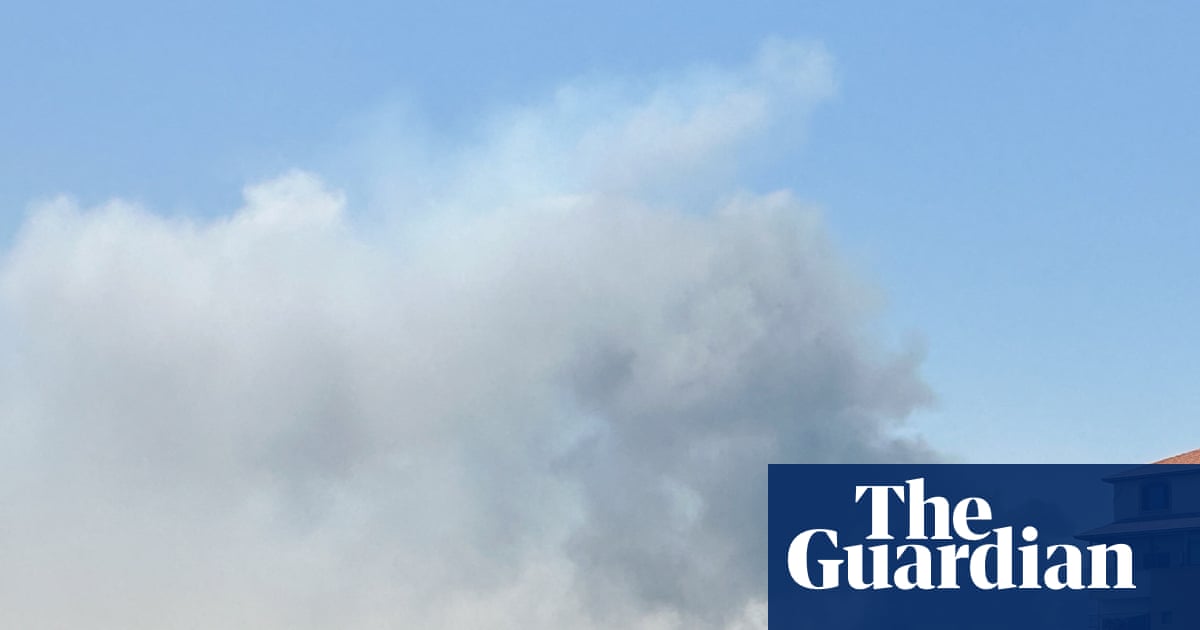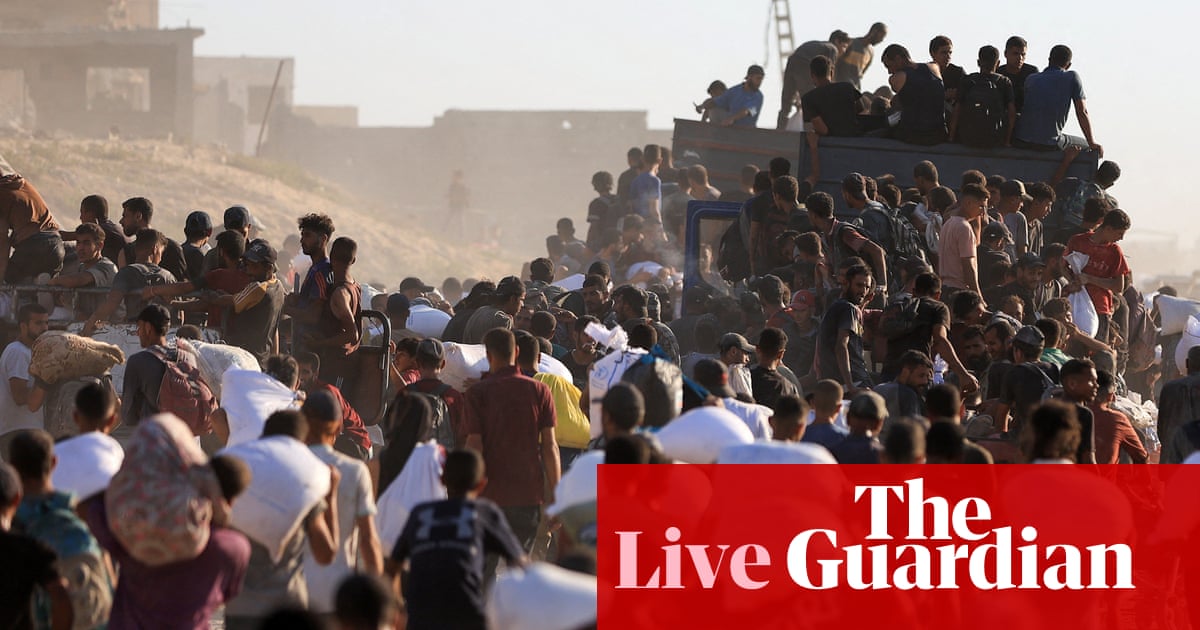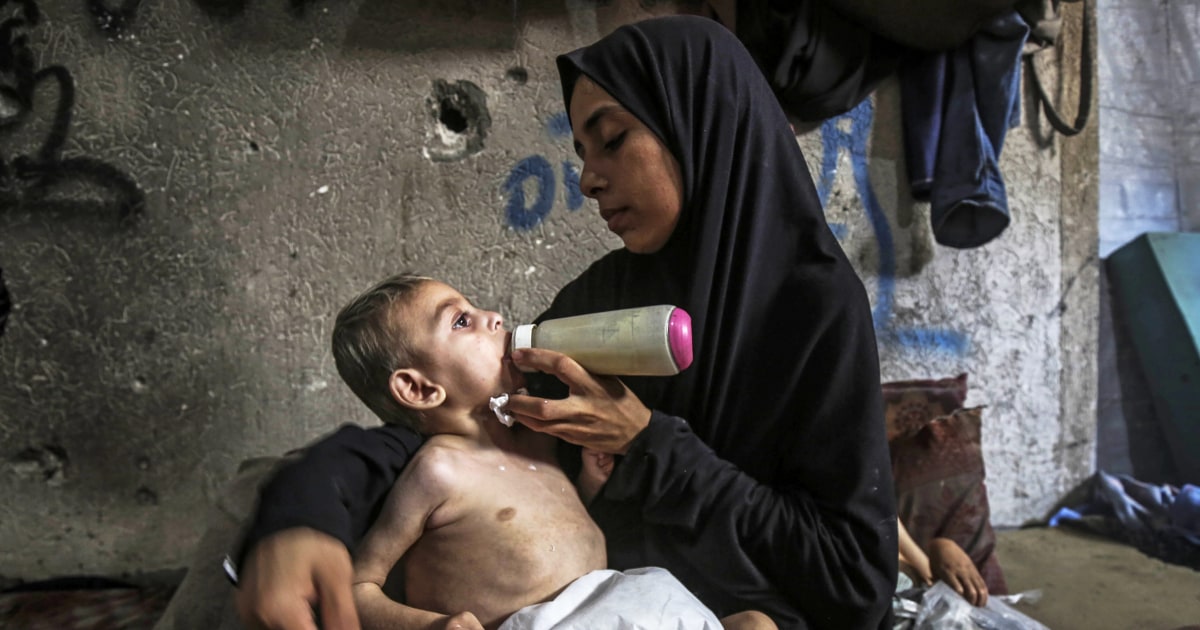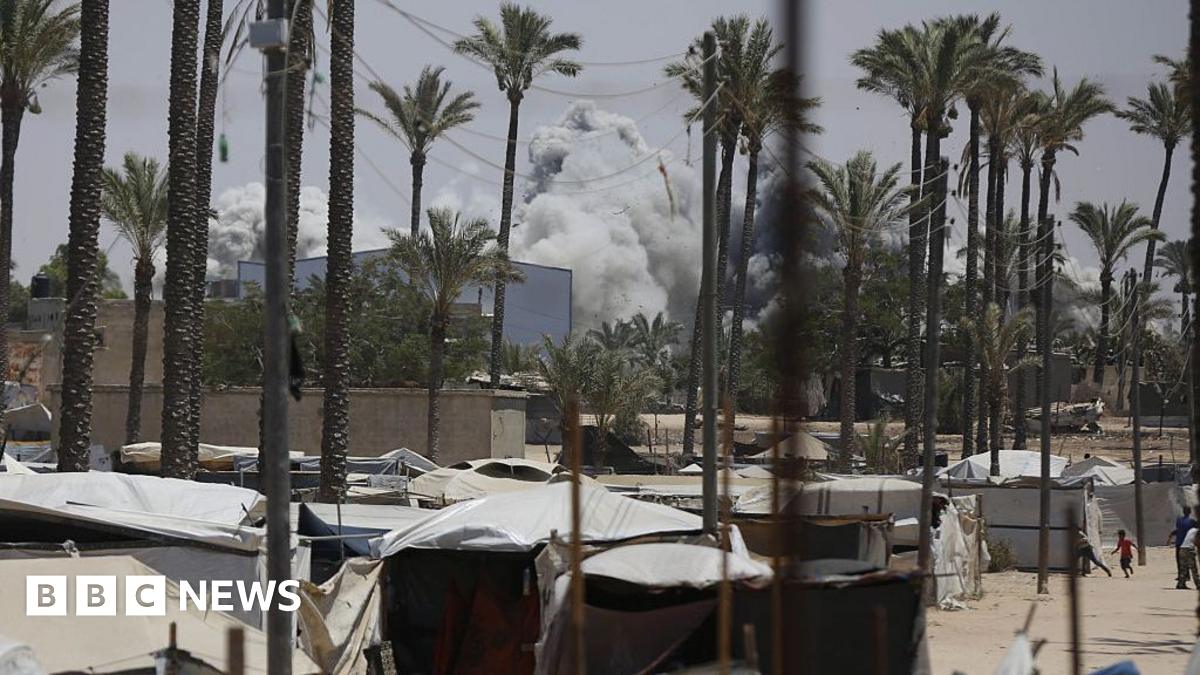T4K3.news
Escalating humanitarian crisis in Gaza
Global leaders face calls for immediate intervention to address the crisis in Gaza.

This article explores the need for immediate action to address the humanitarian crisis in Gaza.
Gaza faces urgent call for global intervention
The ongoing crisis in Gaza has sparked discussions about the need for global intervention. As images of suffering and starvation permeate social media, many express frustration over the world leaders' inaction in addressing the violence. This has led to comparisons to historical atrocities, notably the Holocaust, raising questions about moral responsibility. A recent seminar highlighted the debate about whether military action could provide relief, despite warnings about potential escalation. Amidst these discussions, some nations have begun to impose arms embargoes, indicating a shift in international sentiment, although significant risks remain due to geopolitical dynamics.
Key Takeaways
"The time for concrete action is now, and all options should be on the table."
This reflects the urgent need for diverse interventions in Gaza.
"Our hunger has only become fiercer; our bodies have been demolished by it."
This quote illustrates the tragic conditions faced by many in Gaza today.
"These nations have the ultimate responsibility to ensure and protect the inalienable rights of the Palestinian people."
This reinforces the moral obligation of international leaders to intervene.
"What ordinary people could have done to stop the mass murder and deportations from taking place?"
This raises a fundamental issue about public action during genocides.
Analyzing the current context in Gaza reveals a profound disconnect between the awareness of the humanitarian crisis and actual global response. Despite the graphic evidence visible to the world, effective intervention appears hindered by political reluctance, particularly from powerful nations that support Israel. Calls for action, such as humanitarian convoys and sanctions, show a growing advocacy for Palestinian rights, yet the potential risks of military escalation complicate the situation further. The ongoing debate echoes historical failures to act during past genocides, suggesting that without united action, similar patterns might repeat.
Highlights
- Images of suffering in Gaza evoke historical parallels that cannot be ignored.
- The moral responsibility to act is clearer than ever in the face of suffering.
- International dialogue is essential, but action is what will save lives.
- History reminds us of the dire consequences of inaction during a genocide.
Political sensitivities surrounding Gaza intervention
The discussions on intervention face significant geopolitical risks, with potential backlash from powerful nations responsive to Israeli interests. Actions such as arms embargoes bring the threat of diplomatic conflict, complicating discussions around humanitarian aid.
The time for concrete action is pressing, as advocates continue to demand meaningful change.
Enjoyed this? Let your friends know!
Related News

Jewish American groups demand humanitarian aid for Gaza

Trump advocates for increased military action against Hamas

Intensified Israeli military action hits Deir al-Balah

Child starvation crisis in Gaza worsens
Israeli airstrikes kill 21 in Gaza as hunger crisis escalates

IDF gunfire kills 30 Palestinians waiting for aid

Aid levels insufficient to meet hunger crisis in Gaza

Israeli forces escalate ground assault in Deir al-Balah
